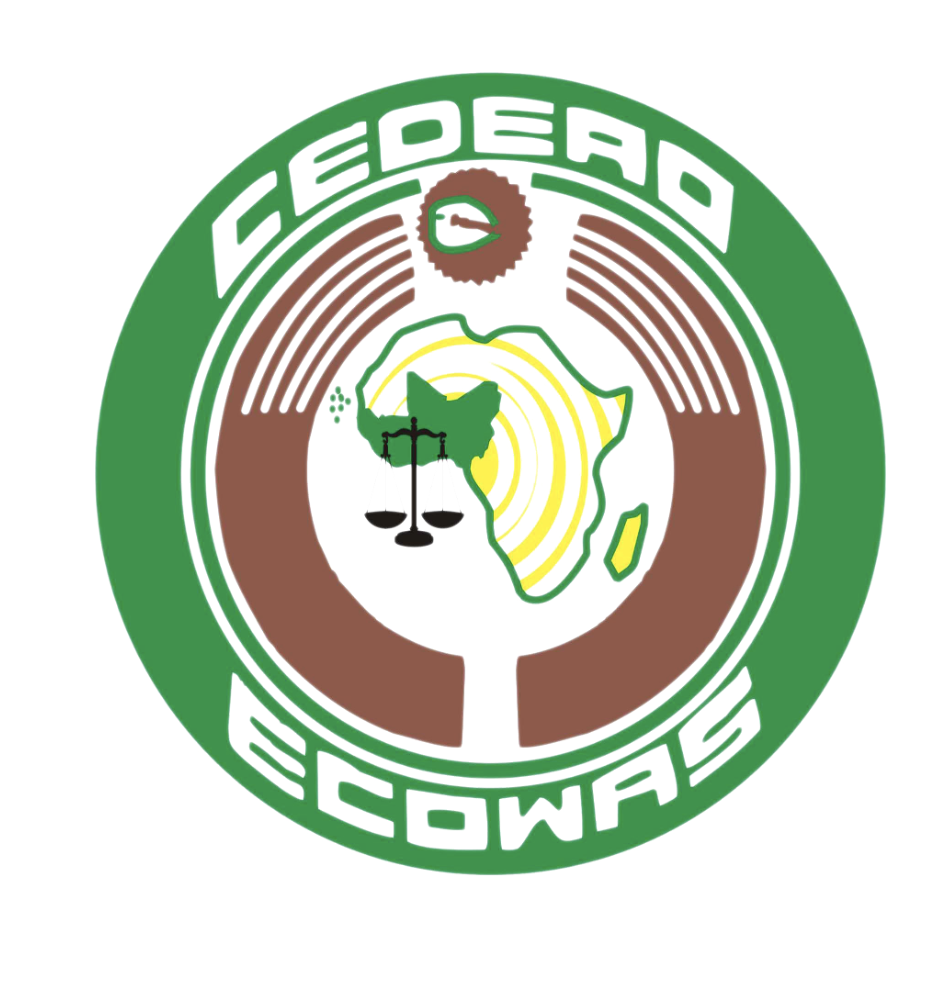Global Freedom of Expression Prize Winners 2022
AWARDS CEREMONY
PRIZE WINNERS 2022
Significant Legal Ruling
Community Court of Justice of the Economic Community of West African States for its ruling in Amnesty International & Ors v. The Togolese Republic
The Court held that the Togolese government violated the applicants’ right to freedom of expression by shutting down the internet during September 2017 protests. In August 2017, thousands of protesters called for the return of the 1992 constitution, which guaranteed multi-party elections and a two-term limit for the head of State. To disrupt protests, the Respondent State of Togo cut off access to the internet from September 5-10 and again from September 19-21. The Court found that access to the internet is a “derivative right” as it “enhances the exercise of freedom of expression.” As such, internet access is “a right that requires protection of the law” and any interference with it “must be provided for by the law specifying the grounds for such interference.” As there was no national law upon which the right to internet access could be derogated from, the Court concluded that the internet was not shut down in accordance with the law and the Togolese government had violated Article 9 of the African Charter on Human and Peoples’ Rights. The Court subsequently ordered Togo to take measures to guarantee the “non-occurrence” of a future similar situation, implement laws to meet their obligations with the right to freedom of expression, and compensate each applicant to the sum of about $3,500 USD.
This decision expands the right to Freedom of Expression by recognizing that the right to internet access is an element of expression. The Court held that internet shutdowns violate the free expression rights of both journalists and civil society organizations in conducting their work online. Considering the global rise of internet shutdowns, the decision creates a useful binding precedent over the Economic Community of West African States (ECOWAS). Read the complete case analysis in the Global Freedom of Expression database linked here.
Excellence in Legal Services
Foundation for Press Freedom (FLIP) & Center for Justice and International Law (CEJIL) in Bedoya Lima v. Colombia
FLIP and CEJIL represented journalist Jineth Bedoya Lima before the Inter-American Court of Human Rights (IACtHR) for the multiple violations of her rights due to her investigative work. On May 25, 2000, Bedoya visited “La Modelo” prison in Bogota, Colombia to conduct an interview, but before entering the prison she was abducted, kidnapped, and taken to a warehouse where she was sexually abused by several men. However, the State subsequently failed to investigate her case adequately and encouraged the concealment of State officials involved in the crimes. In 2021, after more than 20 years of legal work, the IACtHR issued a favorable decision in the case of Bedoya Lima v. Colombia. Through this landmark judgment, FLIP and CEJIL highlighted the specific obstacles women journalists face, showed how sexual violence has been used as a tool for silencing and punishing women in the context of the armed conflict and demonstrated how this has a chilling effect on their journalism. Their work also brought to light the dereliction of the State due to its lack of protection of journalists. Read the complete case analysis in the Global Freedom of Expression database linked here.

FLIP is a non-governmental, non-profit organization in Colombia that defends freedom of expression and promotes a better climate for those who practice journalism. The organization provides advice and accompaniment to journalists so that freedom of expression is protected by the State and recognized by citizens as an important value in society. CEJIL is a non-governmental, non-profit organization that protects and promotes human rights in the Americas through the strategic use of the tools offered by the Inter-American system of Human Rights. CEJIL offers advice and free legal representation to victims of human rights abuses and organizations that defend their causes when justice proves impossible to achieve in their own countries.


